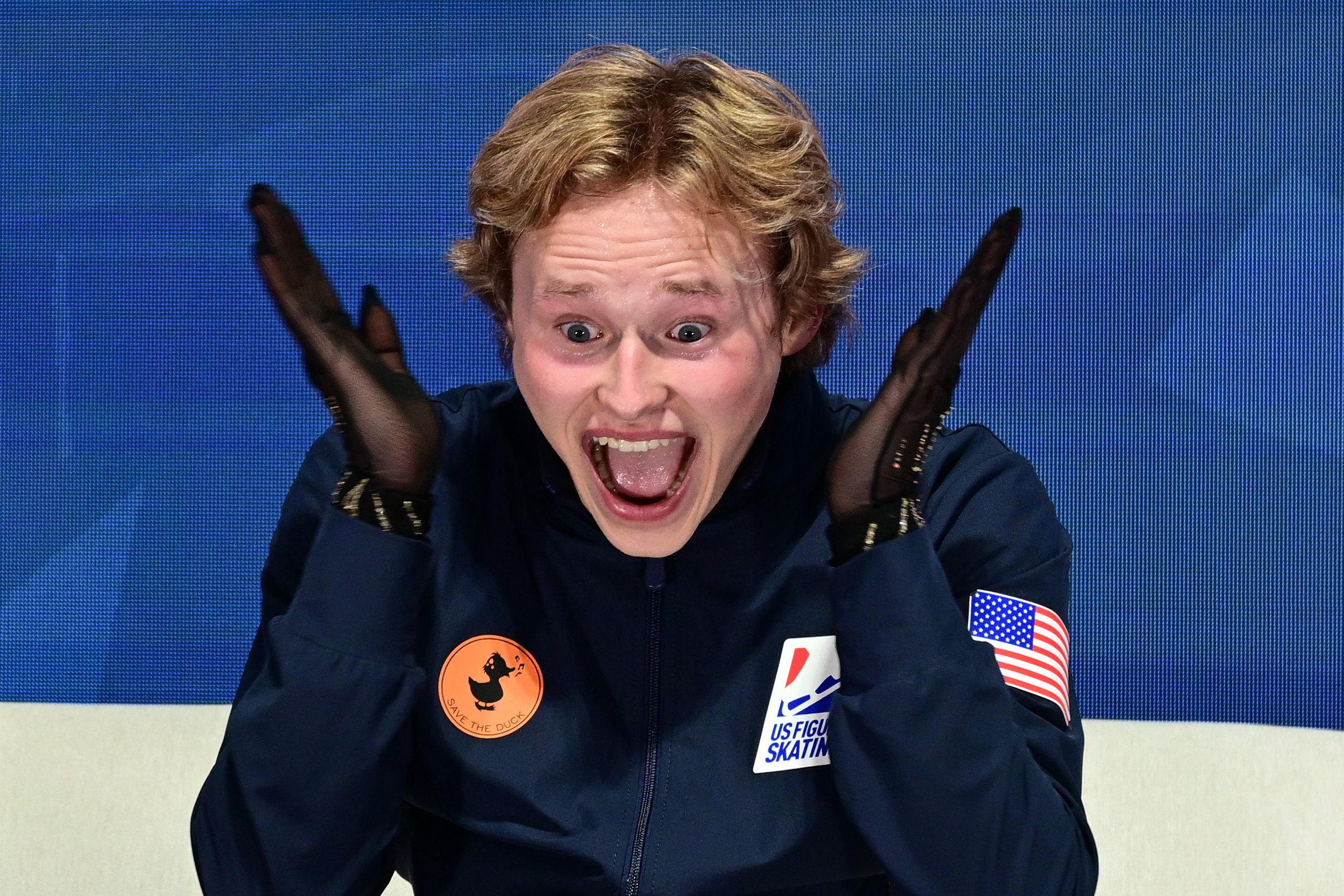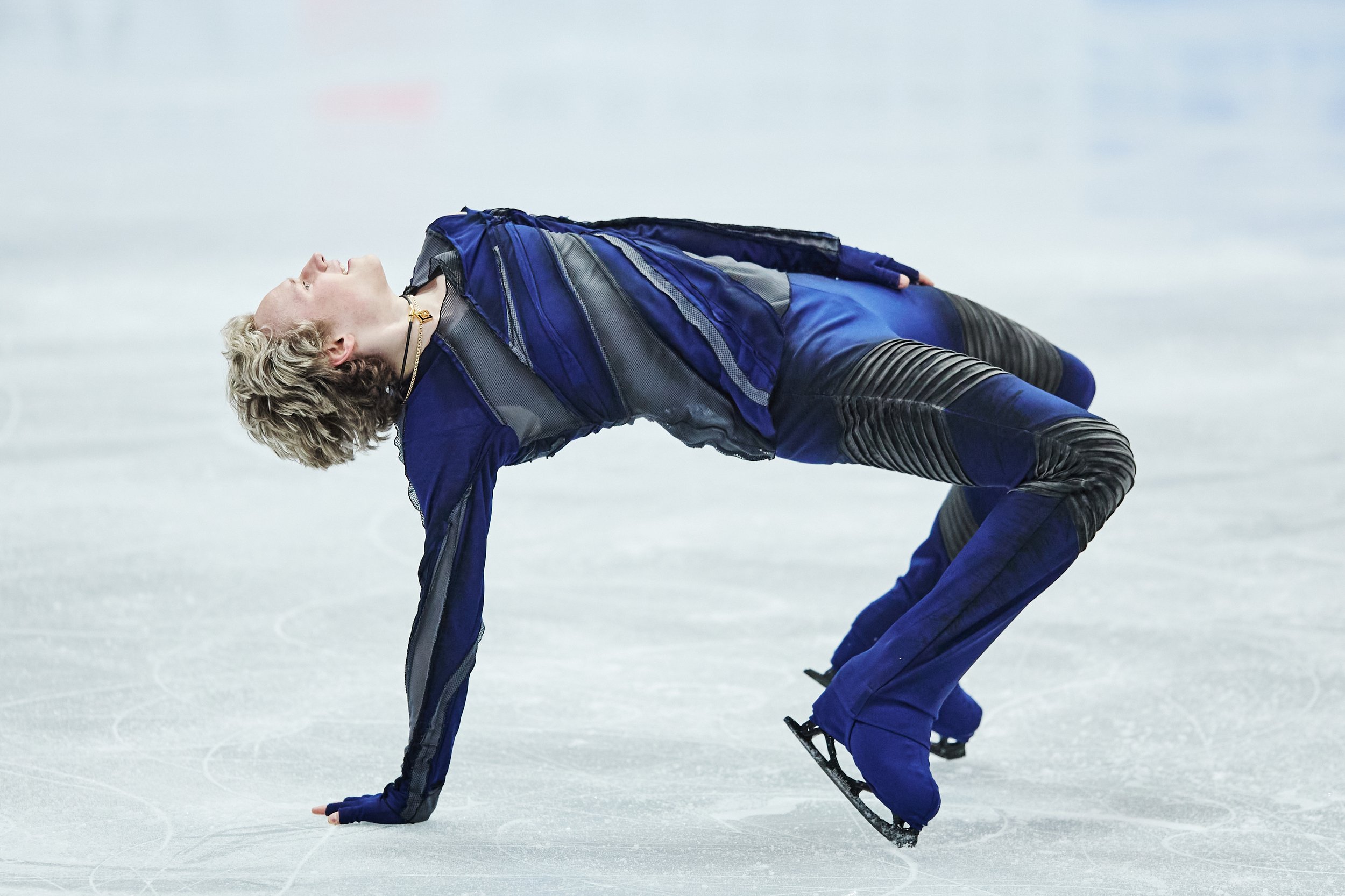Ilia Malinin tops himself - and skating's record books - once again
/I was tempted to take the last column I wrote about Ilia Malinin, change a few numbers and use that to describe what Malinin did Saturday in the men’s free skate at the Grand Prix Final in Nagoya, Japan.
This is how that Nov. 2 story began:
“There comes a point in the careers of some extraordinary athletes when they are competing against only themselves and the record books.”
And Malinin beat the record books again, even after making the men’s competition more interesting when a sloppy short program left him 16 points behind Japan’s Yuma Kagiyama.
Malinin overcame that with a quadruple jump array that never before had been used successfully in a skating event. And that is worth a fresh look.
Read More





